Introduction to Hemp and CBD
Cannabis has long been a subject of interest, debate, and misconceptions. While many discussions focus on the psychoactive component THC (tetrahydrocannabinol), it’s crucial to understand that cannabis is a complex plant with over 100 different cannabinoids, each with its own set of effects and applications. Two of the most intriguing and widely researched cannabinoids are CBD (cannabidiol) and the plant variety known as hemp.
Hemp: The Low-THC Plant
Hemp is a specific variety of the Cannabis sativa plant species that has been cultivated for thousands of years. Unlike marijuana, another variety of Cannabis sativa, hemp contains very low levels of THC, typically less than 0.3%. This low THC content means that hemp doesn’t have the psychoactive properties that create the “high” commonly associated with cannabis.
Hemp has been used for a multitude of industrial applications, from textiles to construction materials. In recent times, it has also become a key source for the extraction of CBD, mainly because the low levels of THC make it legally more palatable in jurisdictions that restrict cannabis use.
CBD: The Non-Psychoactive Cannabinoid
CBD stands for cannabidiol, one of the most abundant cannabinoids found in both marijuana and hemp plants. Unlike THC, CBD doesn’t produce a psychoactive effect, making it attractive for a range of applications, from medical treatments to wellness products. CBD can be extracted from both hemp and marijuana plants, but legal CBD products are most commonly derived from hemp, owing to its low THC content.
The Legal Landscape
It’s important to note that the legal status of hemp and CBD varies by country and, in the United States, by state. Hemp farming became federally legal in the United States with the passage of the 2018 Farm Bill, as long as the THC content remains below 0.3%. CBD, however, resides in a more complicated legal space, subject to varying levels of regulation.
In summary, hemp and CBD represent two facets of the cannabis plant that have significant industrial, medical, and wellness applications, all without the psychoactive effects commonly associated with marijuana. As public interest grows and research continues, these non-psychoactive components are poised to play an increasingly significant role in various sectors.
A Brief History of Hemp
The history of hemp is as old as human civilization itself, and it provides an enlightening lens through which to view the historical, social, and economic development of societies around the world. From its ancient origins to its modern resurgence, the tale of hemp is intrinsically linked to human progress and innovation.
Early Beginnings: The Neolithic Era to Ancient Civilizations
Hemp’s story can be traced back to around 8000 BCE, making it one of the first plants to be cultivated by human beings. Archaeological evidence indicates that early civilizations in regions like China and Taiwan used hemp for various purposes, such as fabric and food. As societies began to trade and expand, the cultivation of hemp spread across Asia and reached the Middle East and Europe.
In ancient civilizations like Egypt, hemp was used for textiles as well as for medicinal purposes. The Greeks and Romans also made use of hemp for making ropes and sails for ships, alongside its role in traditional medicine.
Middle Ages to the Renaissance
During the medieval period, hemp continued to serve a central role in society. It was used in the production of textiles like canvas, which is a derivative of the word “cannabis,” as well as in the creation of paper. Many European countries, such as France and England, encouraged hemp cultivation as a matter of national interest.
17th to 19th Centuries: Colonial Expansion
As Europeans began exploring and colonizing other parts of the world, hemp was often one of the crops introduced to new lands. In the United States, for example, early settlers were legally required in some colonies to grow hemp, given its industrial importance. Hemp fiber was used to create products like clothing, sails, and ropes, and it played a significant role in the economy.
20th Century: The Fall and Prohibition
The 20th century marked a period of decline for hemp, primarily due to its association with marijuana, its psychoactive cousin. The 1937 Marihuana Tax Act effectively made the cultivation and sale of all cannabis plants extremely difficult in the United States. Later, the Controlled Substances Act of 1970 classified hemp as an illegal Schedule I drug, despite its lack of psychoactive properties.
21st Century: A Resurgence
The 21st century has seen a remarkable resurgence in interest and acceptance of hemp, especially in Western countries. The 2018 Farm Bill in the United States federally legalized the cultivation of hemp with a THC content below 0.3%, marking a significant turn in policy and opening the door for industrial-scale cultivation and research.
Cultural Significance and Modern Applications
Today, hemp is gaining popularity not only for its fiber but also for its seeds, which are a rich source of protein and omega fatty acids. In addition, it serves as the primary source of CBD extraction, fueling the booming CBD industry. Environmentalists also advocate for hemp as a sustainable alternative to traditional crops, which are often resource-intensive.
In summary, hemp has had a long and complex history, shaped by cultural, economic, and legal factors. Its versatile applications have ensured its continued relevance, and recent changes in legislation indicate a promising future for this ancient plant.
Quality and Safety Concerns
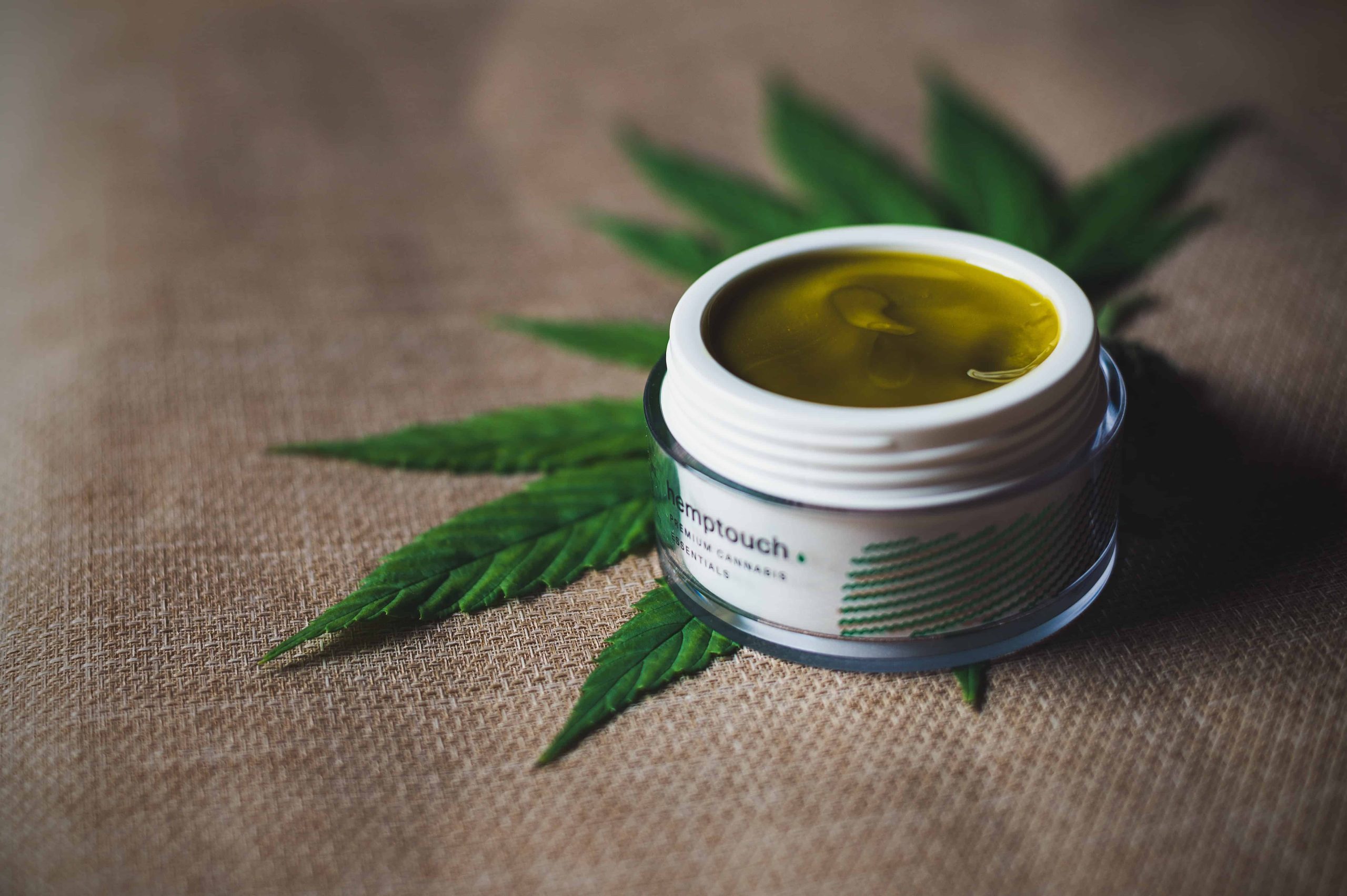
As the market for hemp and CBD products has expanded, so too have concerns about quality and safety. Without robust regulations, the market is susceptible to the introduction of subpar or even dangerous products. This section delves into some of the primary issues consumers and regulators face in ensuring that hemp and CBD products meet acceptable standards.
Lack of Standardization
One of the most significant challenges is the lack of a unified set of standards for hemp and CBD products. This lack can result in inconsistent quality, with some products containing much less or much more CBD than advertised. In more alarming cases, products may contain harmful levels of contaminants.
Contaminants and Adulterants
Given that hemp is a bioaccumulator—meaning it absorbs substances from the soil—it’s crucial for it to be grown in clean conditions. However, not all growers adhere to best practices, and some hemp may contain heavy metals, pesticides, or other harmful substances. Additionally, poor extraction processes can introduce solvents and other contaminants.
Mislabeling and False Claims
An unfortunate side effect of the CBD boom is the proliferation of misleading or outright false claims. Some products promise medical benefits that are not backed by substantial evidence, confusing consumers and potentially leading to wasted money or delayed medical treatment.
THC Content
Although hemp is legally required to contain less than 0.3% THC, improper cultivation or extraction methods can result in a higher concentration. This oversight can not only make the product illegal but also produce unintended psychoactive effects.
Third-Party Testing and Certificates of Analysis (COAs)
One of the most reliable ways to verify the quality of a hemp or CBD product is through third-party lab testing. Reputable manufacturers will provide Certificates of Analysis (COAs) that confirm the product’s cannabinoid profile and check for the presence of contaminants. Consumers are advised to look for these COAs when making a purchase.
Regulatory Oversight
Although the 2018 Farm Bill marked a significant step in the right direction, there is still a need for more comprehensive federal regulations concerning the cultivation, processing, and sale of hemp and CBD products. This would help standardize quality and safety measures across the board.
Consumer Education
Consumers play a vital role in shaping the market. The more educated the consumer base, the higher the demand for quality products, which in turn will drive more rigorous safety and quality standards. Consumer advocacy groups, as well as educational campaigns, can play a significant role in raising awareness about what to look for in a quality product.
Market Trends and Future Outlook
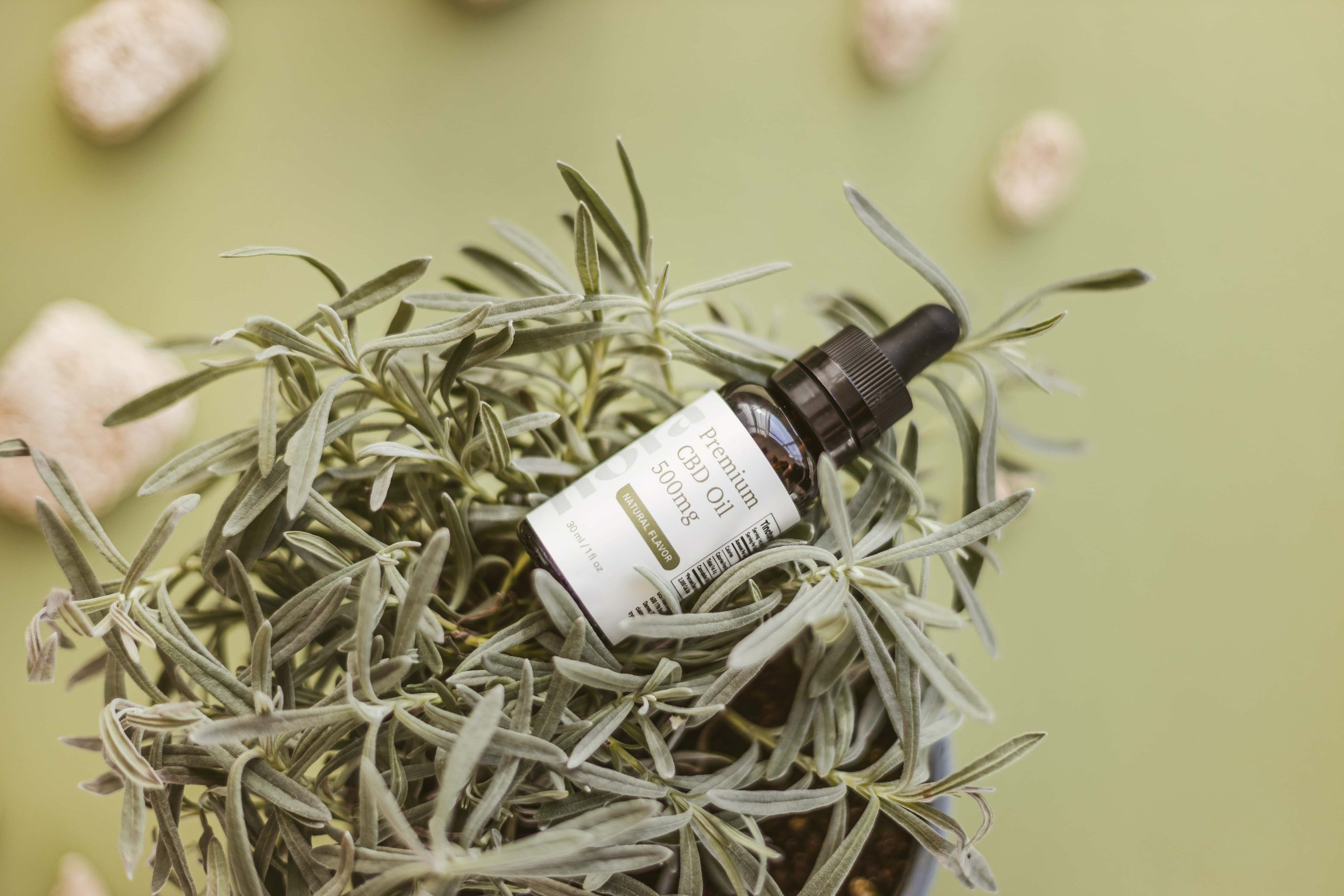
The market for hemp and CBD has experienced an unprecedented boom over the past few years, and it shows no signs of slowing down. A combination of changing legislation, increased awareness, and a growing body of research on the potential benefits has fueled this market expansion. However, it’s essential to identify and understand the various trends shaping this sector, as well as the challenges and opportunities that lie ahead.
The Rise of Specialized Products
As the consumer base grows and diversifies, companies are increasingly offering specialized products targeting specific needs and demographics. From CBD-infused beverages aimed at wellness enthusiasts to topical creams targeting joint and muscle pain, product diversity is growing. There’s also a rise in pet-specific CBD products and those tailored for senior citizens, indicating a broader market reach than initially anticipated.
The Role of Technology
Advancements in extraction technology are leading to higher-quality products and enabling companies to isolate specific cannabinoids beyond CBD, such as CBG (cannabigerol) and CBN (cannabinol). These technological advancements may not only improve product quality but also pave the way for more targeted and effective health solutions.
E-commerce and Direct-to-Consumer Models
The restrictions and uncertainties brought about by events like the COVID-19 pandemic have accelerated the shift towards e-commerce. Direct-to-consumer sales models are becoming increasingly prevalent, allowing companies to better control branding, pricing, and customer experience.
Regulatory Changes and Global Expansion
While legislative progress in countries like the United States has been a boon for the domestic hemp and CBD market, international laws and treaties still present hurdles for global market expansion. However, as more countries soften their stance on hemp and cannabis products, opportunities for international growth are emerging.
The Push for Sustainability
With increasing global focus on sustainability, hemp is drawing attention for its low environmental impact compared to other crops. Hemp requires fewer pesticides and less water, and it has the potential to absorb significant amounts of carbon dioxide. As sustainability becomes a more significant selling point, hemp’s environmental benefits could become a significant market driver.
Public Perception and Education
While strides have been made in improving the public perception of hemp and CBD, stigmas still exist, primarily due to their association with psychoactive cannabis. Continued education and advocacy are necessary to separate fact from misconception and to promote the legitimate uses of these products.
The Role of Medical Research
One of the most significant potential market drivers is ongoing medical research into the health benefits of CBD and other cannabinoids. As more studies are completed and if positive results continue to emerge, the medical community’s endorsement could be a game-changer for the industry.
Final Thoughts
The world of hemp and CBD is evolving at a breakneck pace, with shifting legal landscapes, burgeoning market opportunities, and an ever-expanding array of products and applications. From its historical roots as one of humanity’s earliest cultivated plants to its modern status as a focal point of medical research and a promising sustainable resource, hemp stands at the intersection of past, present, and future.
While challenges exist, particularly concerning quality assurance and regulatory oversight, the sector’s overall outlook is positive. Continued advancements in technology, an increasing focus on sustainability, and ongoing research into the medical applications of CBD and other cannabinoids are setting the stage for what could be a transformative impact on industries ranging from healthcare to construction to consumer goods.
In summary, hemp and CBD are more than just buzzwords; they are subjects of genuine scientific, economic, and social interest. As research deepens, technology advances, and public awareness grows, the stage is set for these non-psychoactive components of the cannabis plant to play an increasingly prominent role in multiple facets of society.


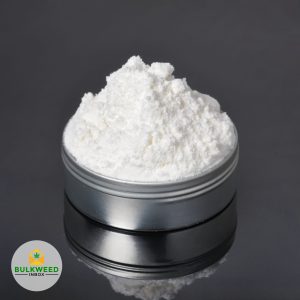
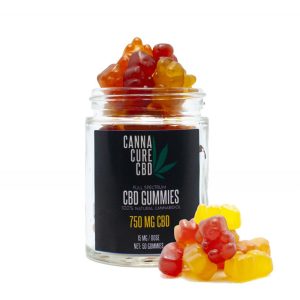
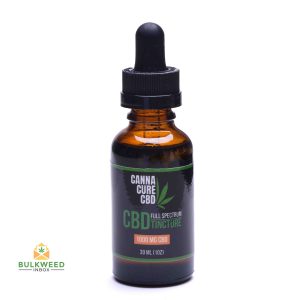
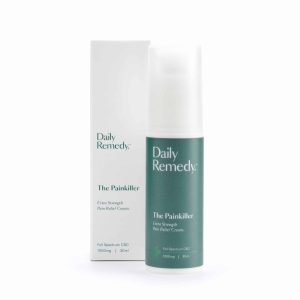
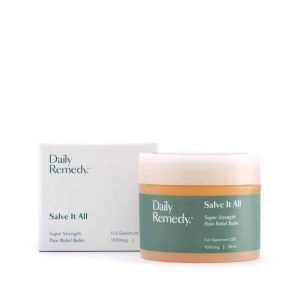
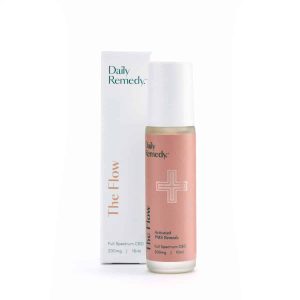
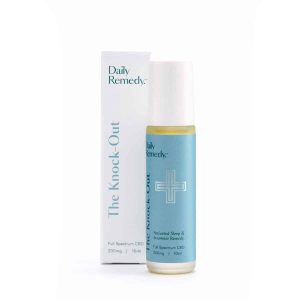
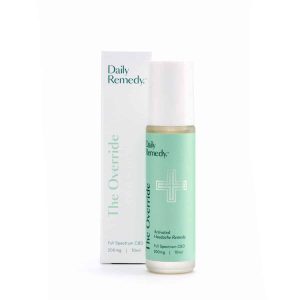
Leave a comment